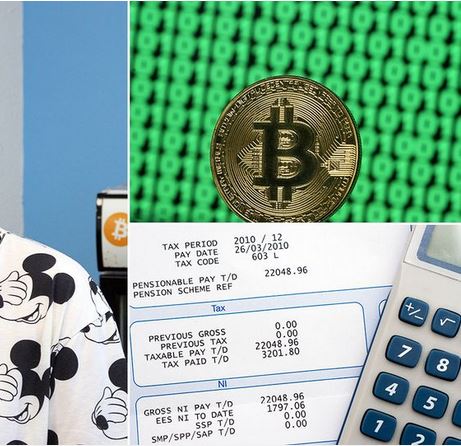×
The Standard e-Paper
Smart Minds Choose Us

Bitcoin is the first and by far the most famous of a new breed of "cryptocurrency" - designed to let people operate independently of banks and national governments.
You'll have heard stories of the fabulous wealth early adopters made - seeing their Bitcoins rise in value from a few pence to thousands of pounds each.